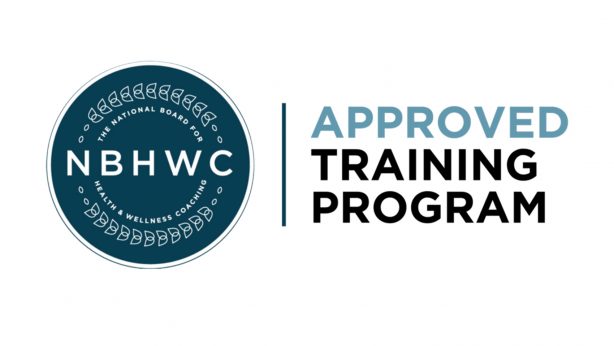
Building and hereafter maintaining a healthy relationship with food is extremely important in order to remain healthy. One should not look at food as his enemy. This can well have couple of implications:
- You end up anorexic
- You overeat, considering you don’t care how much you eat or what food does to you.
To truly heal your relationship with food, it will require you to take a good, long look at yourself. Dig deep and be honest. Pay attention to your thoughts a little more. See what emotions are coming up for you when you think about food. Weljii helps you recognise these deep routed thoughts and realization spring to the surface when you do the digging. Health & Wellness Coaching can create a profound effect on your relationship with food. You start looking at food for what it is. A positive effect on your health.
When we work toward a healthy diet, so many of us think that making a list of food culprits and calling them off-limits will help us to succeed. However, if you take a deeper look at the psychology behind this flawed method, you’ll see so many reasons why adopting a ”good food” or ”bad food” attitude will never work. Restricting certain foods won’t just make dieting miserable–it can also ruin your good intentions of getting healthy and losing weight. Making arbitrary rules about good and bad food isn’t the answer to lasting lifestyle change. Instead, use the tips below to build a better relationship with food, learn to master cravings, build self-control and enjoy all foods in moderation.
All this said, even a very controlling behaviour within our relationship with food can be a healthy coping mechanism, as long as it is done mindfully. When we act with awareness, having spent time examining the ‘why’ of why we do what we do, we can make choices that factor our emotional well-being into our relationship with food. We can eat something that we love, knowing that we are doing so in order to feel better. We can diet, knowing that this behaviour is allowing us to control something in a space where we are feeling out of control, and knowing how important this is to us.
All of this is based on the presumption that we are aware of what we are doing and how it is impacting us.
Awareness allows us to understand ourselves and why we do what we do. Awareness could just be the difference between an acceptable means of control over our anxiety and having an eating disorder.


